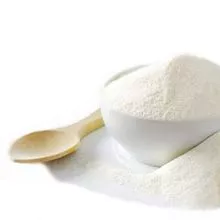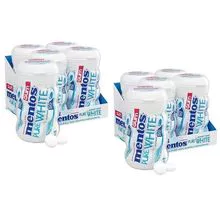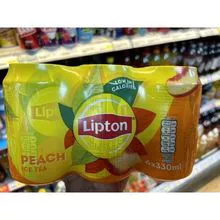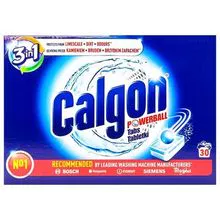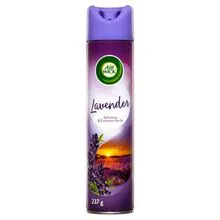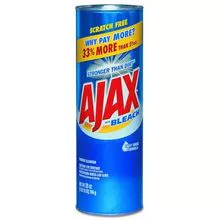Description
Olive oil is a widely used cooking oil made from the fruit of the olive tree (Olea europaea). It is known for its culinary versatility, health benefits, and cultural significance. Here are some key points about olive oil:
Extraction: Olive oil is extracted from the fruit of the olive tree through a process called pressing. The oil is obtained from the olive fruit's flesh and pit.
Types of Olive Oil: There are different types of olive oil based on factors like extraction methods, quality, and acidity levels. The main categories include extra virgin olive oil, virgin olive oil, refined olive oil, and olive pomace oil.
Extra Virgin Olive Oil: Extra virgin olive oil is considered the highest quality and most flavorful type. It is obtained through mechanical pressing and does not undergo chemical refining. It has a low level of acidity and retains the natural flavors and antioxidants of olives.
Flavor Profiles: Different varieties of olives and growing regions can result in varying flavor profiles of olive oil, ranging from mild and fruity to robust and peppery.
Cooking: Olive oil is commonly used for cooking, frying, sautéing, and baking due to its high smoke point. Extra virgin olive oil is often preferred for drizzling on salads and for dishes where its flavor can shine.
Health Benefits: Olive oil is a key component of the Mediterranean diet, which is associated with various health benefits, including reduced risk of heart disease, improved cholesterol levels, and potential anti-inflammatory properties.
Monounsaturated Fat: Olive oil is rich in monounsaturated fats, which are considered heart-healthy fats that can help reduce bad cholesterol levels.
Antioxidants: Extra virgin olive oil is particularly rich in antioxidants, such as vitamin E and polyphenols, which have potential health-promoting effects.
Cultural Significance: Olive oil has a deep cultural significance in Mediterranean cuisine and beyond. It is often used as a staple ingredient in dishes from countries like Greece, Italy, Spain, and others.
Storage: Olive oil should be stored in a cool, dark place to prevent oxidation and maintain its quality. Exposure to light, heat, and air can cause the oil to degrade over time.
Labeling: When purchasing olive oil, look for reputable brands and consider labels such as "extra virgin" for the highest quality. However, the quality of olive oil can vary, so it's important to choose well-regarded brands.
Olive oil's unique flavor, health benefits, and versatility make it a beloved ingredient in kitchens around the world. It's not only a cooking staple but also a symbol of cultural heritage and good living.
- Cheap Olive Oil
- Organic Extra Virgin Olive Oil
- Coconut Oil Cooking Oil
- Buy Cheap pure olive oil for cooking
- Natural Olive Elixir
- Refined Pomace Olive Oil
Production Capacity:
Not informed
Delivery Timeframe:
Depends on Size of Order
Incoterms:
CFR - Cost and Freight
CIF - Cost, Insurance and Freight
CIP - Carriage and Insurance Paid to
DDP - Delivered Duty Paid
DDU - Delivered Duty Unpaid
EXW - Ex Works
FCA - Free Carrier
FOB - Free on Board
Packaging Details:
Not informed
More about
TOKAR GMBH
50-100
Employees
200K - 500K
Sales volume (USD)
100%
% Export sales
Year
Established
Business type
- Importer / Trading Company
- Representative / Agent
- Distributor / Wholesaler
- Business Service
Keywords
- Food
- Beverages
- Cosmetics
- electronics
- Rice
- cooking Oil
- Coffee
- Cars
- Trucks
- Plastic products Ver Mais
Contact and location
-
Alessandro wenzel
-
+49 xxxxxxxx
-
Frankfurt / Frankfurt | Germany













